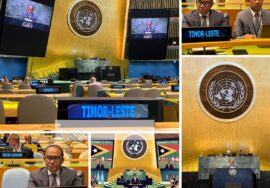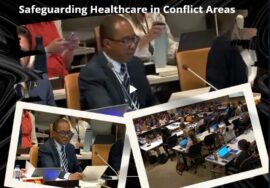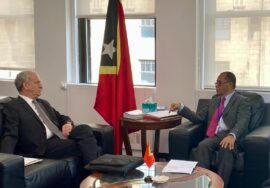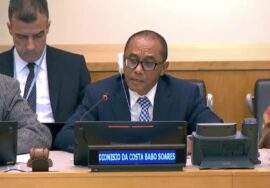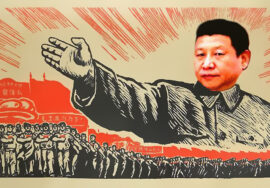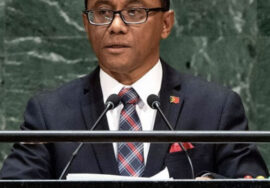Unearthing Potential: The Future of Timor-Leste’s Economy and Regional Cooperation
Timor-Leste, a young and dynamic nation in the Southeast Asian region, has captured the world’s attention with its development since gaining independence in 2002. Over the past two decades, the country has undergone significant transformation in various aspects of life, including its economy. From conflict and uncertainty, Timor-Leste has moved forward with a strong determination to build a brighter future.
One aspect that has been a primary focus of the Timor-Leste government is economic development. With abundant natural resources, including oil and natural gas in offshore waters, the country holds great potential for sustainable economic growth. However, significant challenges also loom, including structural issues such as the lack of infrastructure and limited skilled workforce.
In an effort to address these challenges, Timor-Leste is increasingly strengthening its regional cooperation. Regional cooperation is a key element in building a resilient and sustainable economy. Timor-Leste has been actively involved in various regional forums such as ASEAN and the Pacific Community to expand trade and investment networks and gain access to the resources and technology needed.
One interesting initiative is Timor-Leste’s involvement in the Belt and Road Initiative (BRI) initiated by China. Through participation in BRI infrastructure projects, Timor-Leste hopes to accelerate the development of basic infrastructure such as roads, ports, and airports needed to support long-term economic growth.
Furthermore, Timor-Leste is also enhancing its bilateral relations with neighboring countries and other potential trading partners. By forging strong partnerships with countries such as Australia, Indonesia, and Singapore, Timor-Leste can expand market access for its exports and attract foreign direct investment into key sectors such as tourism, agriculture, and renewable energy.
However, to fully realize its potential, Timor-Leste needs to undertake further and sustainable economic reforms. This includes economic diversification, improving business regulations, and investing in education and training to enhance workforce skills. Thus, Timor-Leste can ensure that its economic growth is not only sustainable but also inclusive, benefiting the entire society.
In facing a future full of challenges yet also brimming with potential, regional cooperation will remain a key driver for Timor-Leste. By building strong relationships with countries in the Southeast Asian region and around the world, Timor-Leste can bridge economic gaps and create a brighter future for future generations.

